Herbs that will help you quit smoking

Are there herbs that can ease the painful smoking cessation? The answer is yes, with the different properties that they offer, they can contribute significantly. Always of course, provided that we really have the inclination to cut this addictive habit!
Among the many beneficial properties of the herbs, they offer several properties that prove to be particularly beneficial, especially for reducing withdrawal symptoms. These symptoms are known especially to people who have tried several times to quit smoking: stress, agitation, insomnia, craving, night sweats, sleeplessness, even headache.
Herbs do not just offer their soothing action to reduce anxiety and nerves caused by the quitting, but detoxify the body contributing significantly to faster elimination of nicotine from the body and toxins from the lungs. In general, most herbs should not be consumed more than 3 times a day, and you can use herbs as a decoction or infusion, even the drops of tincture in water.
The first and best herb for treating symptoms is lobelia (lobelia inflate) as it greatly reduces the symptoms of dependence. The reason, is that lobelia causes similar symptoms with nicotine in the body, without causing the damage of the cigarette and nicotine, as it is not addictive. It has the ability to calm the central and autonomic nervous system thus significantly reduces tension and calms the nerves. The expectorant action, helps the lungs to recover and clean faster. Negative point of consumption, is the bad taste of this herb, and due to the strong action, it should not be overused as it causes nausea and vomiting. Do not consume lobelia if you have high blood pressure!
Valerian, known for its antidepressant and sedative properties, will help you fight insomnia and nerves, as well as the continuous mood swings. Because it causes drowsiness, it is advisable to be consumed in the evening. Do not take valerian if you are taking barbiturates, or have a weak liver.
The beneficial Hypericum or St John’s wort, faces melancholy and stress, it will relax you and will help you maintain a positive way of thinking during the quitting. It is beneficial for the respiratory system expelling the mucus that has settle in the bronchi and heal the injured lungs by smoking. The capacity to purify the blood, contribute to faster elimination of nicotine from the blood! Do not consume St John’s wort if you have recently received transplants, if you are taking antidepressants, if you suffer from photosensitivity.
The hyssop with strong expectorant properties, cleans the lungs and soothes irritated lungs from smoking. It helps to reduce anxiety and calms the nervous system, while very important, enhances mental clarity. Hyssop detoxifies the body, especially the kidneys and promotes the elimination of toxins from the skin. Attention needs the consumption, as it is laxative and can cause diarrhea.
The licorice is an emollient and expectorant herb. Widely used for sore lungs, reduces fatigue and stimulates adrenaline. Avoid consumption if you have diabetes, high blood pressure or weak kidneys or liver. The use should not exceed six weeks!
Korean ginseng as adaptogen, helps the body to cope with physical and emotional stress, providing balance in the body. Energizes the body, that becomes weakened by stress and fatigue while it offers mental clarity, mood and concentration. Korean ginseng, restores proper operation of the lungs and reduces the risk of lung cancer. It should be used with regular breaks and if you suffer from insomnia do not eat after noon. If you suffer from cardiovascular disease, diabetes, or have recently received any transplant, do not consume.
Nepeta reduces anxiety prodused by quitting smoking, it helps for better sleep and calms the mind. Its use is particularly beneficial the first three days of interruption. Another positive feature is that it relaxes from heartburn, headaches and nausea commonly caused by smoking cessation. A few drops of nepeta, reduce the desire to smoke.
Mullein is an emollient herb and reduces the irritation of the lungs. Consumption during quitting, benefits the lungs as it greatly reduces recovery time. It has the ability to purify the lungs, to expel mucus and promotes the growth of healthy cells.
Rhodiola offers many advantages, such as reducing the withdrawal symptoms and as an adaptogen herb, helps the body to cope with physical and mental abrupt changes. It raises levels of energy and the body’s defenses and protects against weight gain that often occurs by reducing the cortisol levels in the body, a hormone that plays an important role in the accumulation of fat in times of stress. Rhodiola enhances brain function, improves mood and improves blood circulation in the brain.
Calamus, one of the best herbs that offer beneficial properties for a successful smoking cessation, significantly helps to expel mucus from the lungs, while benefiting the respiratory system by eliminating toxins from the lungs. It calms the nervous system and treats anxiety, while giving extra energy and strengthens the immune system. Calamus softens stressed stomach and nausea caused by the lack of nicotine. Attention, it is appetizing and can add weight!
Passion flower significantly calms the nerves caused by smoking cessation. It fights insomnia, anxiety and irritability. While plantain, has been shown to cause aversion to the taste of cigarettes. It is also a mild expectorant and anti-inflammatory and expels mucus from the lungs and calms irritated airways.
Important in your effort to stop, is to drink a lot of water and take a multivitamin for a time because smoking causes lack of vitamins, especially A C & E. They contribute significantly to the restoration of organs from the damage caused by smoking. The detoxifying juices will help in faster elimination of nicotine from the body!
Do not use all the herbs for this purpose, choose those that best fit your body and your taste!
adaptogens, agitation, craving, detox, expectorant herbs, Ginseng, herb. quit smoking, herbs, herbs soothing action, herbs to quit smoking, hyssop, insomnia, Korean ginseng, licorice, lobelia, mood swings, Nepeta, night sweats, Passion flower, plantain, quit smoking, Rhodiola, sleeplessness, soothing action, St John's wort, stress, valerian, withdrawal symptoms
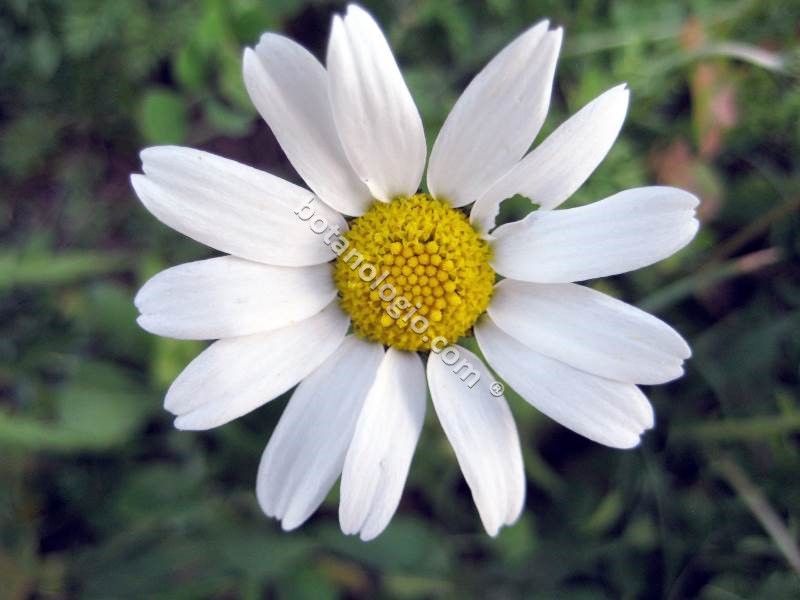
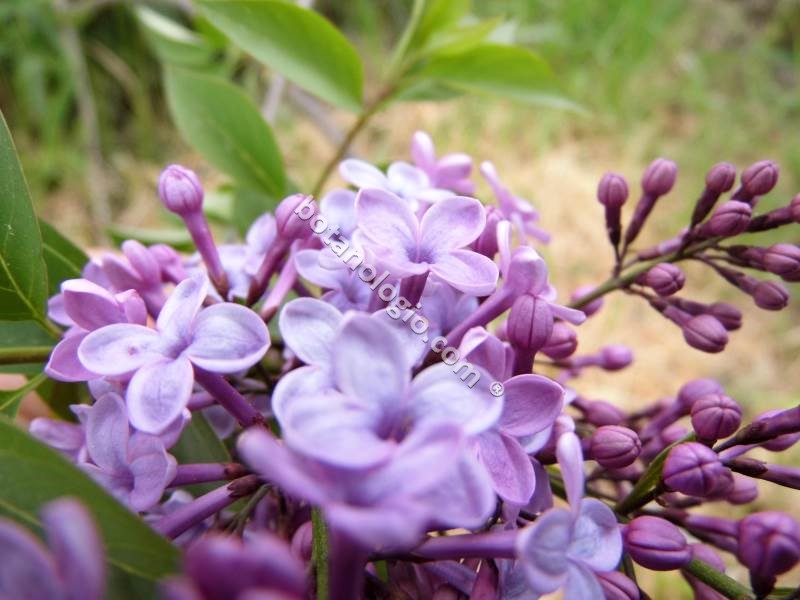
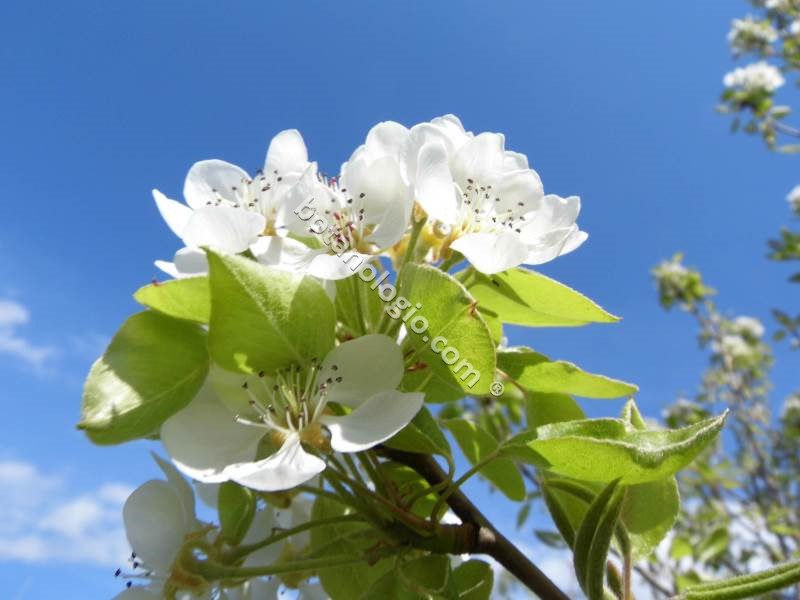
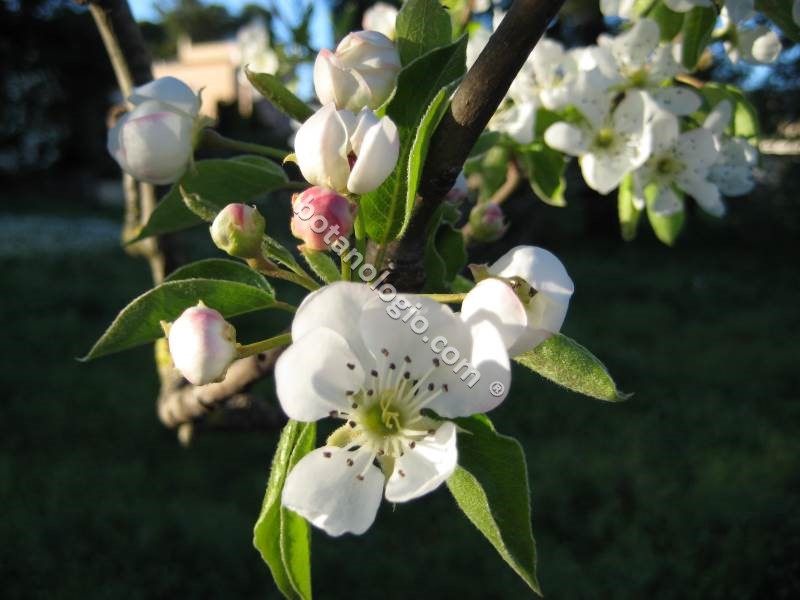
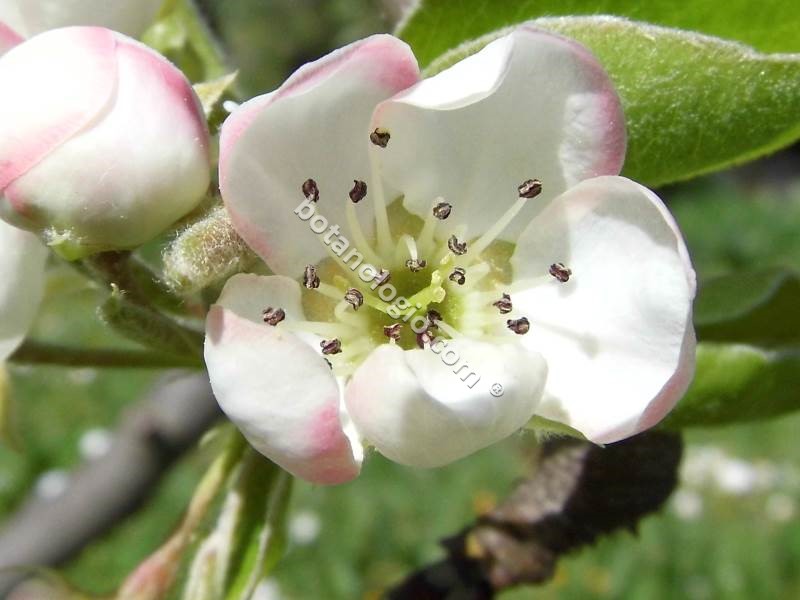
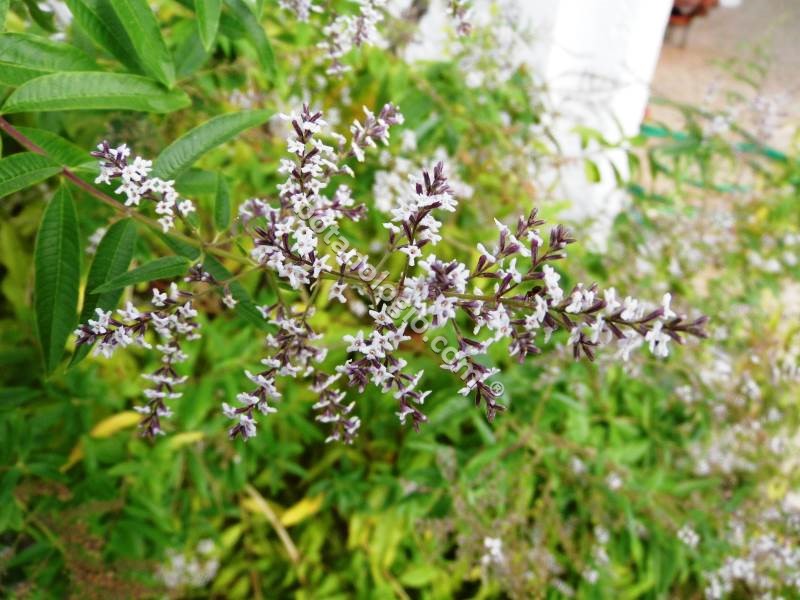
Friesland Media
I just harvested some Hysop and I’ll try it out. It does smell a bit like cannabis.